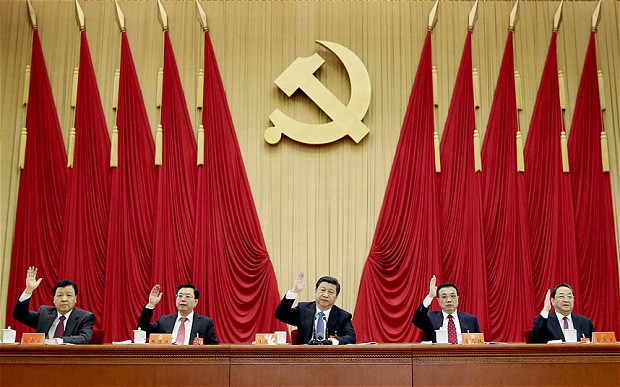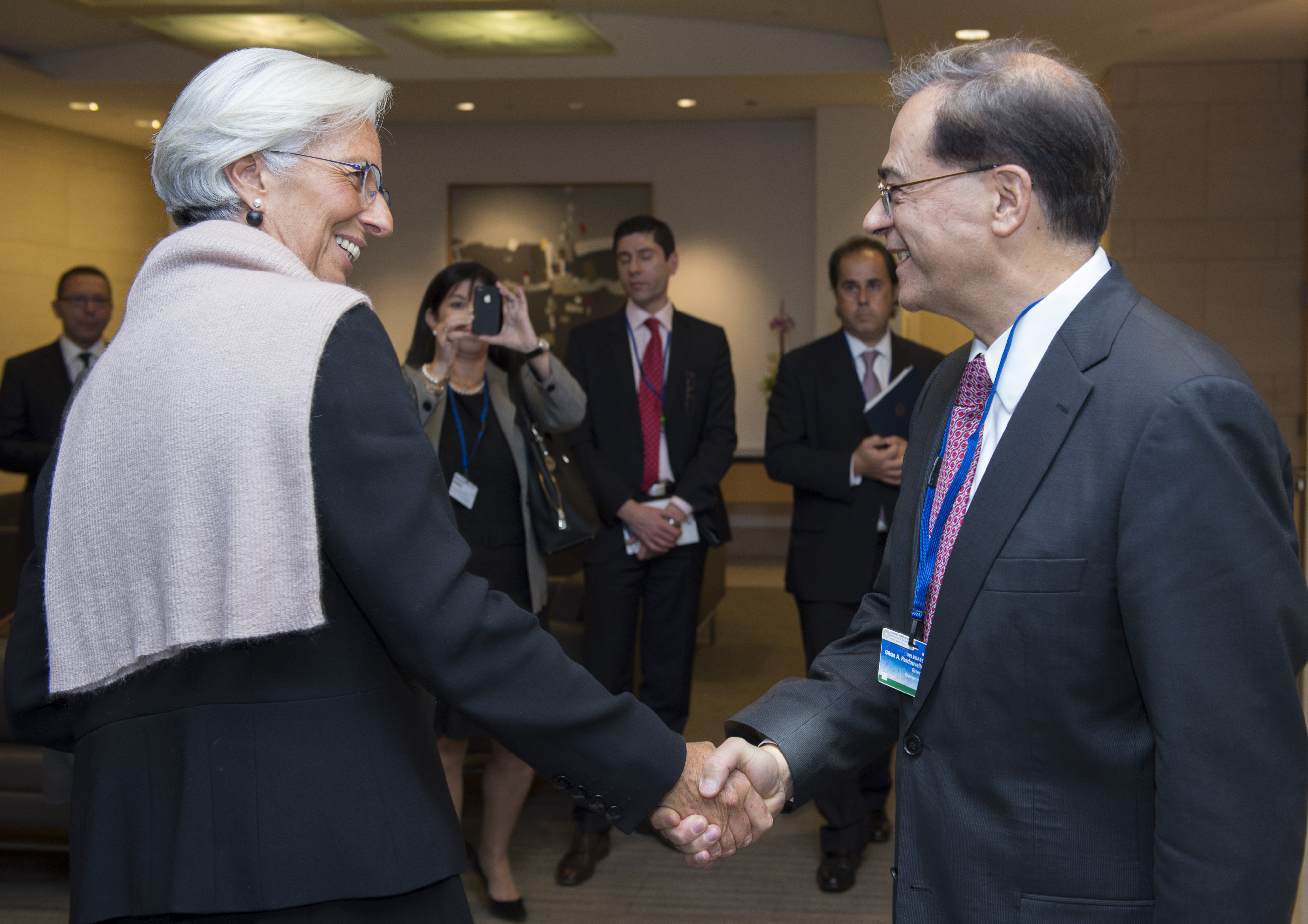 Thursday’s Scottish referendum ended the debate over Scottish claims to sovereignty. After months of campaigning, the No side was able to secure a unified United Kingdom. As the international community watched Scotland make its decision, Canadians could relate to the arguments raised in the debate all too well.
Thursday’s Scottish referendum ended the debate over Scottish claims to sovereignty. After months of campaigning, the No side was able to secure a unified United Kingdom. As the international community watched Scotland make its decision, Canadians could relate to the arguments raised in the debate all too well.
Quebec has held two referendums in its history and both were designed to decide whether or not the province should gain independence from Canada. The first referendum was held in 1980, the second in 1995, and on both occasions Quebec voted “No”. However, the 1995 referendum was especially close, with only 1 percent separating the “Yes” and “No” sides.
Many of the arguments made by both sides in the Scottish referendum were echoes of those presented in the Canadian context. In both referendums, the “Yes” side highlighted the cultural differences that made their community distinct and underlined the necessity of sovereignty to protect that uniqueness. Additionally, both “Yes” campaigns argued that national self-determination would put more power in the hands of the public, and would prevent distant centers of power from making important decisions on their behalf.
The “No” campaigns in Scotland and Quebec made similar arguments about the economic hardship that would follow if the region gained independence. For example, in both cases the currency became a defining issue for the “No” side. They argued that if Scotland or Quebec were to adopt a new currency, both would face soaring inflation and a lack of international financial confidence. If they kept the pound or the dollar respectively, a significant part of their economies would remain controlled by a foreign government. In the Scottish “No” campaign, the potential for economic hardship was especially underlined when major retailers and banks published a letter explaining that in the event of a “Yes” vote, the price of many goods would inevitably rise.
That being said the situations in Scotland and Quebec did have some considerable differences. Quebec speaks French and has attempted to maintain a francophone culture that is relatively separate from the rest of Canada. In theory, Scotland also has its own language; Gaelic. However, in reality the region is predominantly English speaking and is somewhat less culturally distinct from the United Kingdom than Quebec is from Canada. One major difference between the referendums was the clarity of the question posed to the public. The Scottish referendum question was notably more direct than it was in Quebec. When members of the Scottish public headed to the polling station, they answered “should Scotland become an independent nation?” Meanwhile, the Quebec referendums avoided the question of outright independence, and instead asked lengthy, convoluted questions. Quebec also has a longer history of a political movement dedicated to independence. The Parti Quebecois had been in power several times from the 1970s onwards, whereas the Scottish National Party has only recently won a majority government.
Despite these differences, the reality is that both Canada and the United Kingdom have gone through the painful experience of having their national identity questioned, and have faced geographic dismemberment. In the future it will be interesting to see if the United Kingdom’s response to the sovereignistmovement mirrors Canada’s relationship with Quebec. Perhaps ten years from now there will be a federalist system implemented in the United Kingdom. Additionally, Scotland may be legally recognized as a ‘distinct society’ much like Quebec. In the meantime, the United Kingdom will have to develop ways of collectively moving forward and ensuring that the question of Scottish independence is not raised again. Augusta Waldie




